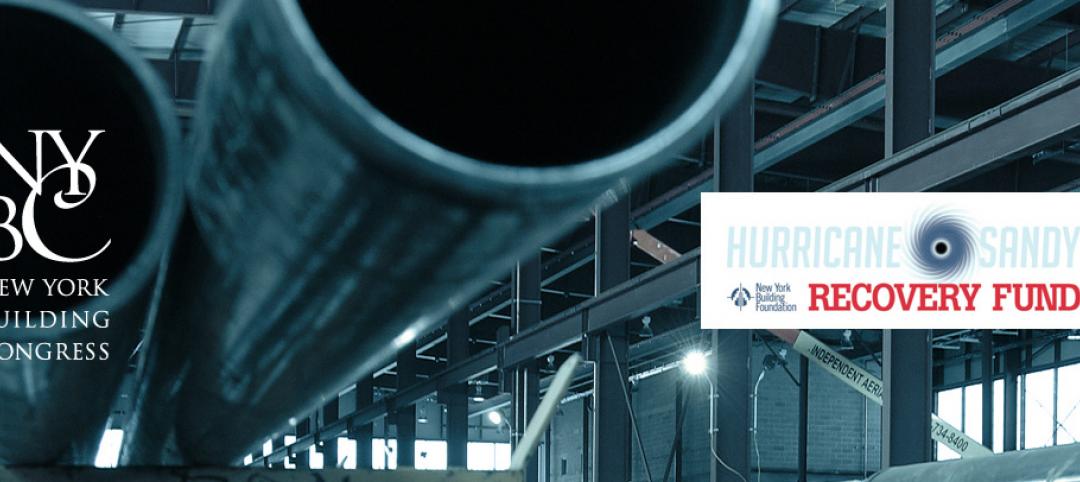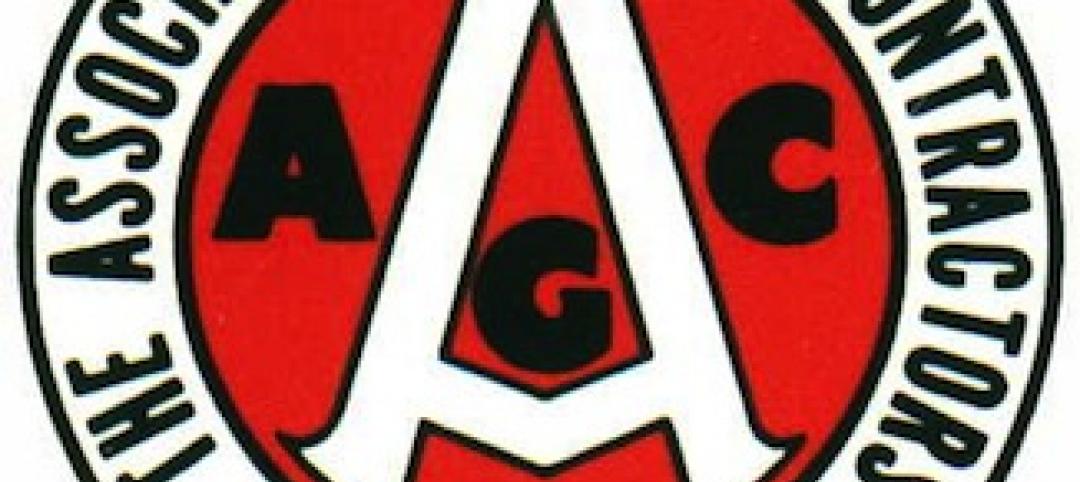The City of Denver has released a plan to decarbonize existing homes and buildings within the city limits and beyond to Denver County.
The heart of the plan is to replace traditional gas space and water heating appliances with electric heat pumps that are powered by renewable energy. The city moved ahead with the initiative buoyed by a commitment made by Xcel Energy, Denver’s utility, to generate 80% of Denver’s electricity by renewables by 2030.
Today, 97% of natural gas consumed in buildings and homes is used for space and water heat, the city says. Emissions from these uses account for 24% of Denver’s total greenhouse gas emissions.
The city says that under the plan, 66% of homes, 69% of multifamily units, and 49% of commercial buildings can be fully electrified when existing systems reach their end of life. This would keep total capital and operating costs within 10% of baseline costs under existing electricity and gas rates.
The plan strives for racial and economic equity in achieving these goals in a “managed transition” to electrification.
Related Stories
| Dec 7, 2012
New flexible options make achieving LEED certification easier on projects outside the US
A new set of Global Alternative Compliance Paths, or Global ACPs, are now available for all commercial projects pursuing LEED green building certification using the 2009 versions of the rating systems.
| Nov 29, 2012
New York contractors say they will pay tax despite a court ruling that the tax is unconstitutional
The New York Building Congress says it will voluntarily pay a tax declared unconstitutional by the courts because, it says, the money is vital to maintaining the city’s transportation infrastructure.
| Nov 29, 2012
Storms like Sandy highlight the need for stricter codes, says insurance expert
Experts on insurance, weather, and catastrophe modeling say the role of climate change in Hurricane Sandy and future storms is unclear.
| Nov 29, 2012
Quake simulation to test concrete building's strength in California
Researchers aim to gauge how buildings constructed with reinforced concrete withstand an earthquake by conducting a simulation test at a two-story building built in the 1920s in El Centro, Calif.
| Nov 29, 2012
AGC offers stormwater compliance webinar
An effective document management system is necessary to stay in compliance with new and forthcoming stormwater runoff requirements, says the Associated General Contractors of America.
| Nov 29, 2012
Government policies help accelerate adoption of green building
Green procurement policies or green building mandates can help accelerate the adoption of green building practices, according to research by Timothy Simcoe and Michael Toffel.
| Nov 26, 2012
Minnesota law to spur development, job creation produced few jobs
Legislation that allowed local governments to direct excess property tax dollars from tax-increment financing districts into other private developments was supposed to kick-start construction hiring in Minnesota.
| Nov 26, 2012
How to boost resilient systems that are sustainable
Cities of the future can be both more resilient and more sustainable by promoting strategies that include solar power and green roofs, programs that minimize demand for energy, rain gardens, and permeable pavement.
| Nov 26, 2012
Developer of nation’s first LEED platinum skyscraper focuses on carbon reduction
The Durst Organization, the developer of the first LEED platinum certified skyscraper in the country, says it will not seek LEED certification for its residential pyramid planned for New York’s West 57th Street.















